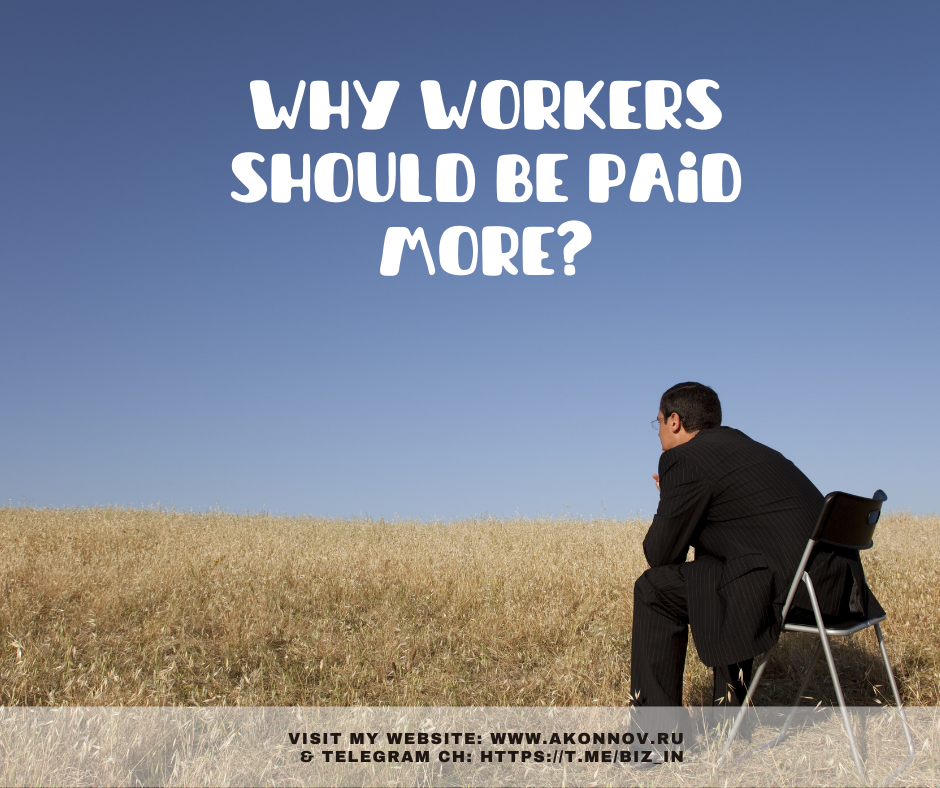In fact, one of the key successes of organization's activities is the efficiency of employees, which directly depends on their motivation. It is the motivation of the employee that determines the return on his activity. In turn, motivation primarily depends on the level of monetary reward and various material benefits (fitness, trips, a company car, etc.).
Thus, according to the theory of “gift exchange” (hereinafter I use the book: Behavioral Game Theory Experiments in Strategic Interaction by Camerer, Colin) workers reciprocate the “gift” of the firm in the form of wages above the market, putting more effort than they are required to put in an increase of the firm's profits. One can also look at the "efficient wage theory" where wages are paid above market equilibrium so that workers risk to lose something of value (excess cash, material goodies). At the same time, knowledge about payments in favor of others, especially about the salaries of highly paid colleagues, greatly reduces the motivation of employees. The experiments carried out in the book mentioned above unequivocally proved the correctness of these statements.
On the other hand, firms may impose a pre-announced penalty (up to a maximum) if workers put in less than the required level of effort. However, experiments have shown that workers actually put in less effort when they are threatened with fines! Their efforts also do not reciprocate the offered rent for the work. Because workers sometimes shirk in penalized markets, firms earn more from fines, but the total surplus earned is less because the effort level of workers is never very high in such cases. The “control and penalize” scheme actually reduces the total amount of return, because it leaves the choice of the level of effort at the discretion of the employee, who will always choose a lower amount of effort than in the “control, reward and occasionally penalize” scheme.
According to studies, in order to achieve the level of effort required by firms, it is necessary to pay significant bonuses (usually more than half of employees) in the amount of more than 50% of the fixed salary. And this should be precisely the excess over the level of industry average wages!
In the next article, I plan to discuss the risks of hiring cheap workers and effectiveness of the motivation system. I continue to publish articles about business development incl. digital and information technologies, and also continue business consulting. If you are interested in articles on this topic, then subscribe to my Telegram channel: https://t.me/biz_in. If you have a need for business consulting support, then I am waiting for you on my website: https://akonnov.ru/.
